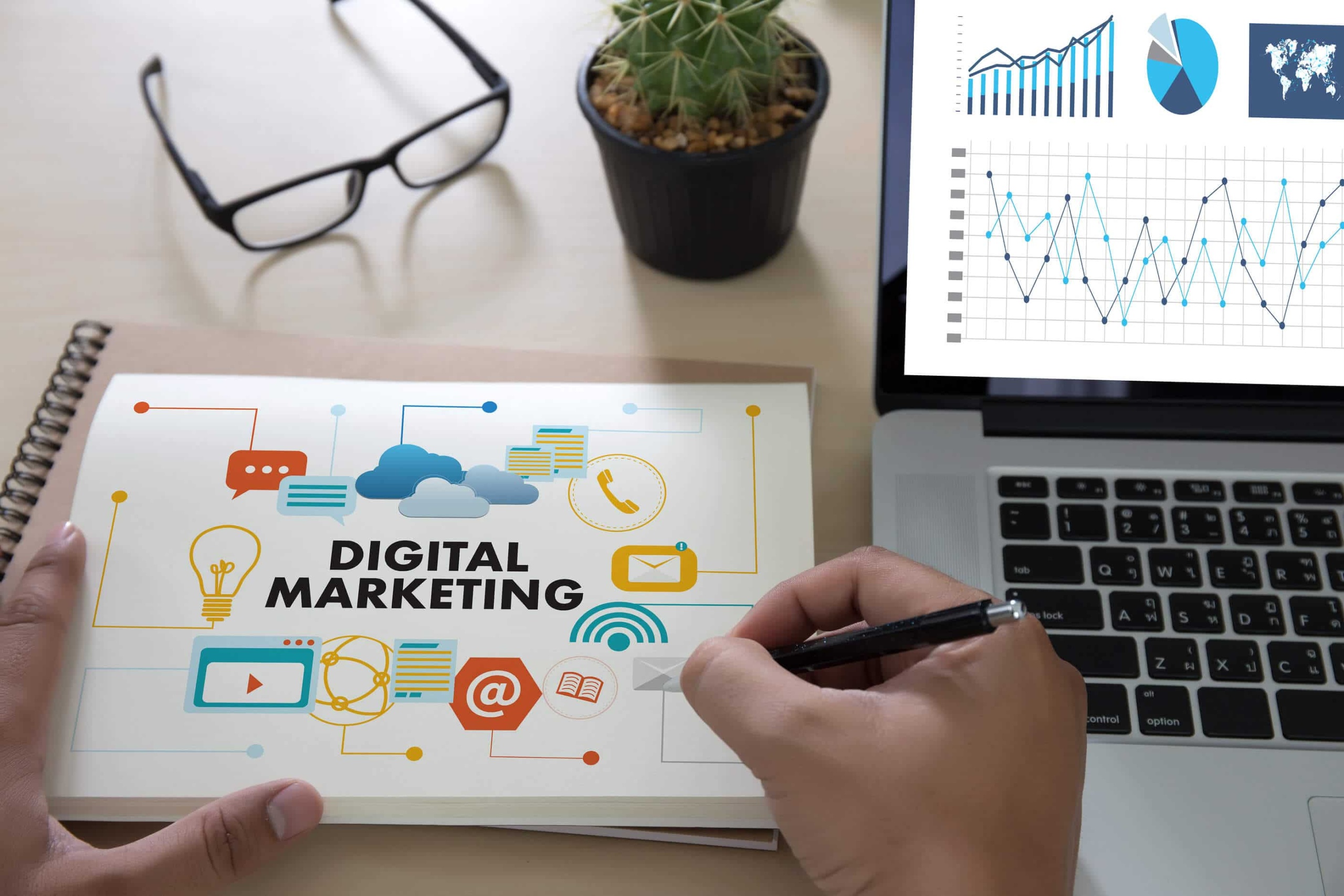
The Power of Digital Marketing and SEO : Driving Growth in the Digital Age
In the fast-paced world of technology, digital marketing has become the heartbeat of modern business growth. Whether you’re a small startup or a multinational corporation, the ability to connect with your target audience online defines your success. Among the many strategies within digital marketing, Search Engine Optimization (SEO) stands out as one of the most powerful tools for visibility, credibility, and long-term growth.
What Is Digital Marketing?
Digital marketing refers to the use of online channels to promote products or services. It includes a range of strategies such as social media marketing, email campaigns, content marketing, pay-per-click (PPC) advertising, influencer collaborations, and SEO. The goal is to meet customers where they spend most of their time on the internet.
Unlike traditional marketing, digital marketing allows for precise targeting and measurable results. You can analyze every click, conversion, and engagement, which makes it easier to optimize campaigns and increase ROI.
The Growing Importance of SEO
Search Engine Optimization (SEO) is the practice of improving your website’s visibility on search engines like Google. When done right, SEO helps your business appear at the top of search results when potential customers look for products or services you offer.
In 2025, SEO is more important than ever. With millions of websites competing for attention, ranking high on search engines can mean the difference between thriving and fading into obscurity. A strong SEO strategy not only drives organic traffic but also builds trust and credibility. People tend to trust businesses that appear on the first page of Google far more than those buried on page three.
Key Components of a Strong SEO Strategy
- Keyword Research:
SEO starts with understanding what your audience is searching for. Tools like Google Keyword Planner, Ahrefs, or SEMrush help identify high-traffic and low-competition keywords. The goal is to integrate these keywords naturally into your content. - On-Page Optimization:
This includes optimizing title tags, meta descriptions, headers, and image alt texts. Creating high-quality, keyword-rich content that provides real value is the foundation of on-page SEO. - Technical SEO:
Even the best content won’t rank if your website isn’t technically sound. Technical SEO focuses on site speed, mobile responsiveness, crawlability, and secure connections (HTTPS). A technically optimized website ensures a smooth user experience and better rankings. - Off-Page SEO:
Building backlinks from credible websites signals to Google that your site is trustworthy and authoritative. Off-page SEO also includes brand mentions, influencer collaborations, and social sharing. - User Experience (UX):
Google’s algorithms now prioritize websites that deliver positive user experiences. Fast loading times, intuitive navigation, and mobile-friendly designs are key factors that impact ranking.
The Role of Content in Digital Marketing
The saying “Content is King” still holds true. Quality content drives engagement, builds trust, and supports SEO efforts. Blog posts, videos, infographics, podcasts, and case studies all play crucial roles in attracting and retaining audiences.
AI-driven content creation and personalization are shaping the future of content marketing. Brands that deliver personalized, valuable, and authentic content gain a competitive edge. For example, tailoring blog topics or email newsletters based on user behavior leads to higher engagement and conversions.
The Rise of Voice and Visual Search
The way people search is evolving. With the growth of smart speakers and mobile voice assistants, voice search optimization has become essential. Businesses must focus on conversational keywords and local SEO to capture this audience. Similarly, visual search using images instead of text is on the rise, making image optimization and alt-text more important than ever.
The Synergy Between SEO and Other Digital Marketing Channels
SEO doesn’t work in isolation. It integrates with other digital marketing strategies to create a comprehensive growth plan:
- Social Media Marketing boosts brand visibility and drives traffic that can improve SEO rankings.
- Content Marketing fuels SEO with fresh, keyword-rich material.
- Email Marketing nurtures leads generated from organic traffic.
- Paid Advertising (PPC) provides instant visibility while SEO builds long-term sustainability.
When combined effectively, these channels create a powerful marketing ecosystem that drives consistent traffic and conversions.
Future Trends in Digital Marketing and SEO
As we move further into the digital era, several trends are shaping the future of marketing:
- AI and Automation: Tools powered by artificial intelligence are transforming keyword research, content generation, and data analysis.
- E-A-T (Expertise, Authoritativeness, Trustworthiness): Google continues to reward websites that demonstrate real authority and credibility.
- Sustainability and Ethical Marketing: Consumers now prefer brands that align with their values, pushing companies toward more transparent and responsible marketing practices.
- Video and Interactive Content: Short-form videos, interactive posts, and augmented reality experiences are becoming essential engagement tools.
Conclusion
Digital marketing and SEO are no longer optional they’re essential pillars of business success. While digital marketing helps brands reach the right audience through various channels, SEO ensures they stay visible, credible, and competitive.
The businesses that invest in comprehensive digital marketing strategies with a strong SEO foundation will not only survive the digital transformation but thrive in it. In a world where online presence equals business presence, visibility truly is power.


